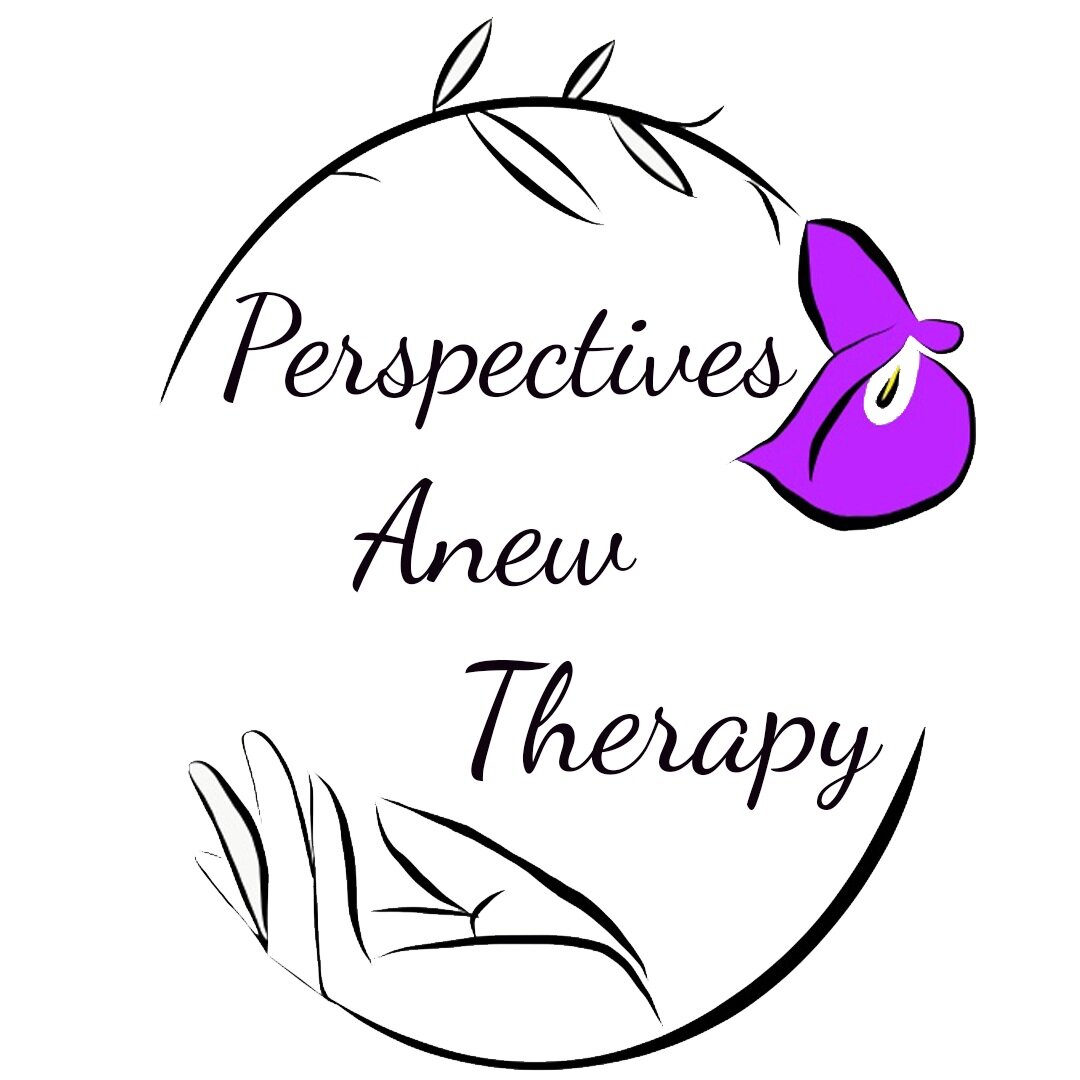Chronic Pain & Mental Health
Studies have shown that chronic pain and mental health disorders typically occur together due to a reduced quality of life. Many individuals suffering from chronic pain experience anxiety and depression, additionally chronic pain and mental health problems tend to exacerbate each other. Those living with chronic pain are at an increased risk for opioid dependency, cognitive impairments, difficulty caring for oneself, and activity limitations.
One example of the link between chronic pain and mental health is the wellbeing of those living with multiple sclerosis (MS). Studies have shown those living with MS are twice as likely than those without MS to be diagnosed with major depressive disorder, generalized anxiety disorder, panic disorder, and OCD. In addition, some individuals living with MS experience the pseudobulbar affect which is defined as “pathological laughing or crying.” This is seen in 10% of people living with MS.
Any individual living with chronic pain should receive treatment for the cause of their pain in addition to any mental health problems they are starting to endure. There are therapeutic approaches that help to relieve both mental health problems and chronic pain, additionally primary care physicians should actively check on the mental health status of any patient living with chronic pain.
If you or a loved one is living with chronic pain as well as mental health problems, there is help available. Psychotherapy, stress-reduction techniques, antidepressant medications, and pain rehabilitation programs are a few of the treatments available to increase one's quality of life. As always, treatment should be patient-centered and meet the needs and goals of each individual patient.
Sources: American Psychiatric Association, Mental Health America
